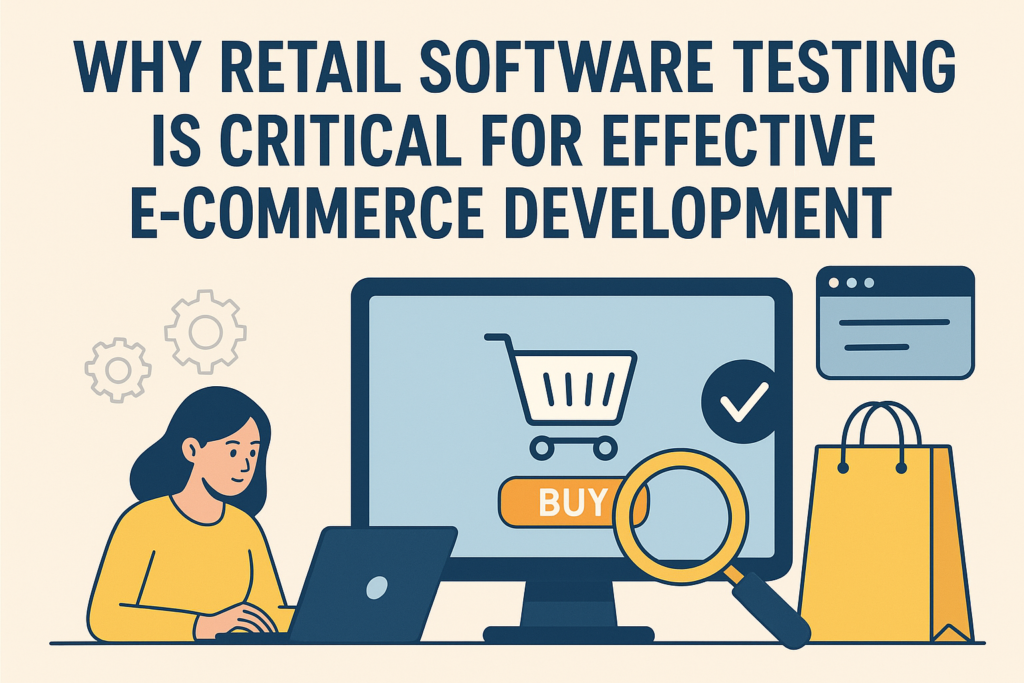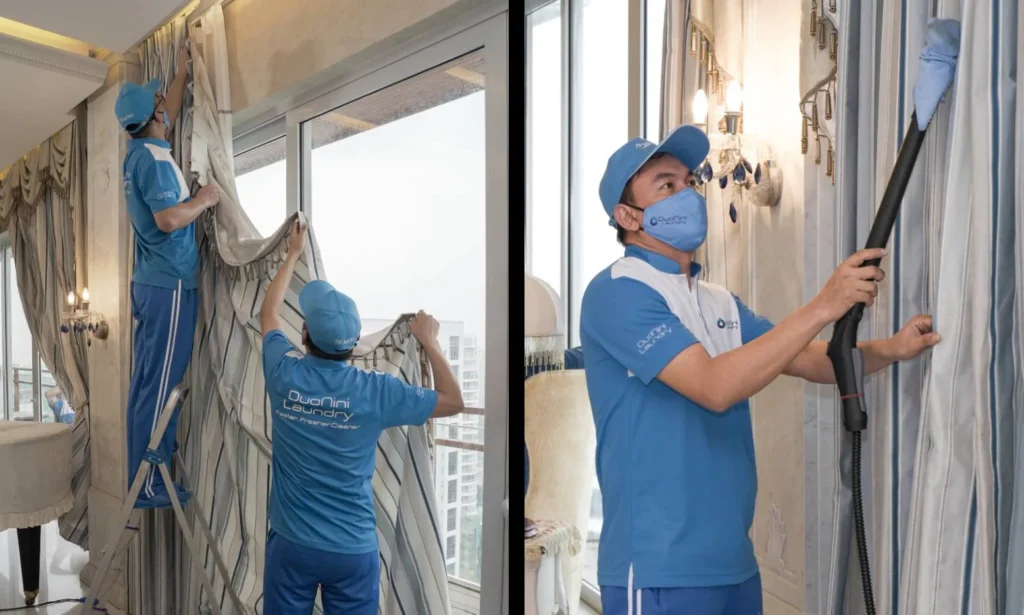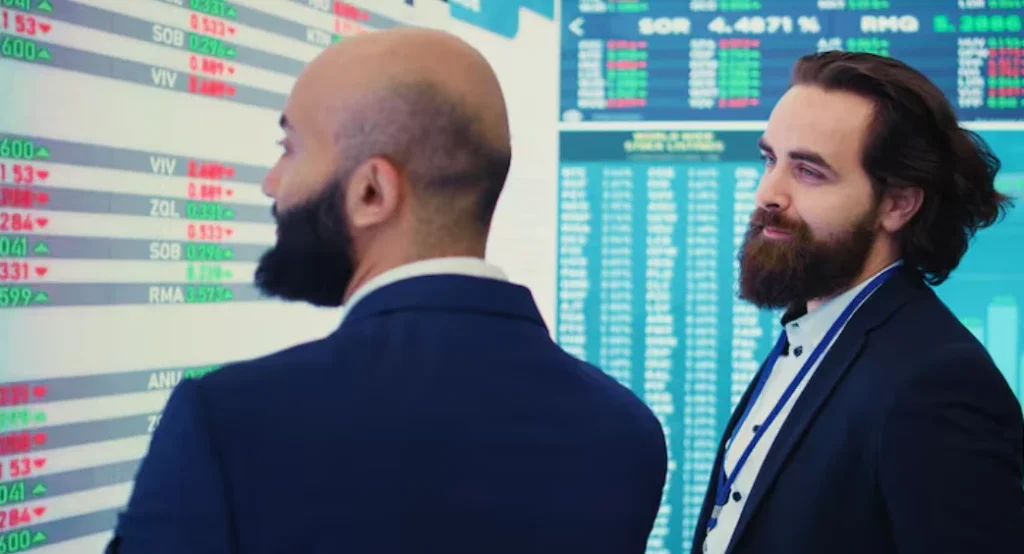
If you’ve ever stood over a dustbin wondering where something should go, you’re not alone. Clear waste categories make life simpler at home, at work, and in our cities. Banyan Nation—an award-winning circular economy company from India—helps people and businesses do this better every day.
Why Sorting Waste Matters
When we throw “everything” into one bag, we lose value and create risk. Food scraps that could become compost end up releasing unpleasant odours. Recyclable bottles and cartons get soiled and are no longer useful. Batteries and chemicals can leak and harm people handling the trash. A simple, steady habit of sorting protects the environment, keeps neighbourhoods cleaner, and supports workers in the recycling chain. It also helps families and offices identify patterns in what they discard, allowing them to reduce and reuse more over time. Just knowing the types of waste gives you a head start and eliminates the guesswork of daily disposal.
Organic And Biodegradable Waste
This is the easiest category to spot: fruit peels, vegetable trimmings, leftover rice, tea leaves, coffee grounds, garden clippings, and paper towels without ink or chemicals. Collected the right way, these materials break down and return to the soil as compost. Keep a small bin with a lid in your kitchen for daily scraps, and empty it into a larger bucket or community composter. If you live in an apartment, ask the association if they can set up a shared compost unit. It cuts the smell in common bins and reduces the volume of waste sent to landfills.
Recyclable Dry Waste
Think of items that keep their shape: plastic bottles, jars, rigid containers, cardboard boxes, clean paper, metal cans, and glass. A quick rinse and a gentle dry are enough—no need to scrub labels or use loads of water. Keep them in a separate bag or crate. When recyclables are clean and sorted, they fetch better value and are easier to process. Banyan Nation’s work shows how reliable collection and cleaner input material can power high-quality recycled products that compete with virgin plastic.
E-Waste (Electronic Waste)
Old phones, chargers, earphones, laptops, keyboards, wires, and small appliances fall here. These items contain useful metals but can also carry harmful substances if they break or burn. Do not put them in the regular bin. Store them in a box and drop them at an authorised e-waste point or give them to a verified take-back program. Many brands and communities organise drives every few months—mark your calendar and go as a family; it’s a quick, feel-good errand.
Hazardous Household Waste
This group includes things that need a little extra care: used batteries, tube lights and CFL bulbs, aerosol cans, paint tins, insect repellents, nail polish remover, thinner, and strong cleaners. Check labels for words like “corrosive,” “flammable,” or “toxic.” Keep lids tight, avoid leaks, and hand them over to municipal collection points or special drives. If nothing formal exists near you, store such items safely and nudge your resident welfare association to partner with a certified handler. A few calls can create a safer system for everyone.
Biomedical And Sanitary Waste
Used tissues, masks, diapers, sanitary pads, bandages, and medicines belong here. Wrap used pads, diapers, and tissues in newspaper or a small bag, tie it tight, and drop it in the sanitary waste bin. Don’t flush them—they block drains and dirty up water lines. For expired medicines, keep them in their strips or bottles, seal them in a pouch, and hand them to your local chemist or a marked drop-off box. These small steps protect the people who handle our trash and keep harmful leftovers out of the soil and water.
Construction And Demolition Waste
Renovating your kitchen? Those broken tiles, cement bags, wood pieces, window frames, and debris are not fit for routine pickup. Call your city helpline, a local contractor, or your building’s facility team and ask for a one-time collection. Many cities have dedicated yards where such material is crushed and reused in paving or filler work. Piling it near a community bin creates hazards and blocks access for daily workers.
Industrial And Commercial Waste
Shops, restaurants, small factories, and warehouses generate large quantities of cardboard, plastic wrap, pallets, oil cans, and sometimes chemicals. These are best handled through scheduled pickups and a clear on-site sorting system. Labelled bins near loading areas and simple staff training go a long way. Banyan Nation often works with businesses to design easy routines that keep the value in recyclables and ensure sensitive materials move only through certified partners.
How Communities And Companies Can Improve
Good systems are built on two things: consistency and clarity. Households need a simple colour code and a predictable pickup schedule. Facility teams need a clean storage spot, signs in plain language, and reliable partners. Schools can run “waste weeks” so children carry the habit home. Offices can link employee challenges to real outcomes—say, a monthly compost weight target or an e-waste drive leaderboard. When companies clearly show what they picked up and where it ended up, trust grows, and others are more likely to join.
Everyday Tips That Make A Big Difference
- Keep two basic bins in the kitchen: one for wet, one for dry. Add a small box for e-waste somewhere visible so everyone remembers.
- Rinse recyclables lightly; no need for perfection. A quick swish saves entire batches from being rejected.
- Flatten cartons to save space and prevent pests.
- Label spray cans and chemical bottles before handing them over.
- Store batteries in a jar and bulbs in their sleeves until drop-off day.
- If your maid or building staff handles trash, show them your system and provide them with gloves. Respect on the ground strengthens the whole chain.
Show it once, repeat it every day—less confusion, stronger outcomes. Over a month, you’ll notice cleaner cupboards, fewer smells, and a lighter footprint.
Bringing It All Together
Waste is not one big problem; it is a set of small, solvable tasks. Households can sort. Buildings can arrange pickups. Shops can train staff. Cities can make routes predictable. Companies like Banyan Nation can close the loop by transforming discards into quality materials that re-enter the economy. Among the types of waste, some items are easy wins (like clean bottles and boxes), while others need special attention (like batteries and bulbs). When everyone plays their part, streets look tidier, landfill pressure decreases, and workers across the chain earn better and work in safer conditions.
Closing Note
If you remember only three ideas, make them these: separate at source, keep recyclables clean, and treat special items with care. Start with what you control at home or in your office, and improve a little each week. The change is visible faster than you think—and it feels good to know you’re part of a cleaner, smarter future. When we treat different types of waste the right way, we turn a daily chore into a simple, positive habit. And with leaders like Banyan Nation building trust in recycled materials, that habit adds up to real progress.

Why Retail Software Testing is Critical for Effective E-commerce Development?

How Sales Teams Increased Productivity with Parallel Dialers

Curtain Dry Cleaning and Leather Sofa Cleaning – Reliable Care by Duo Nini

The Complete Guide to Growing on Twitch: Should You Buy Twitch Followers?

How Technology Is Changing Addiction Recovery in the Digital Age.

Why Retail Software Testing is Critical for Effective E-commerce Development?

How Sales Teams Increased Productivity with Parallel Dialers

Curtain Dry Cleaning and Leather Sofa Cleaning – Reliable Care by Duo Nini








